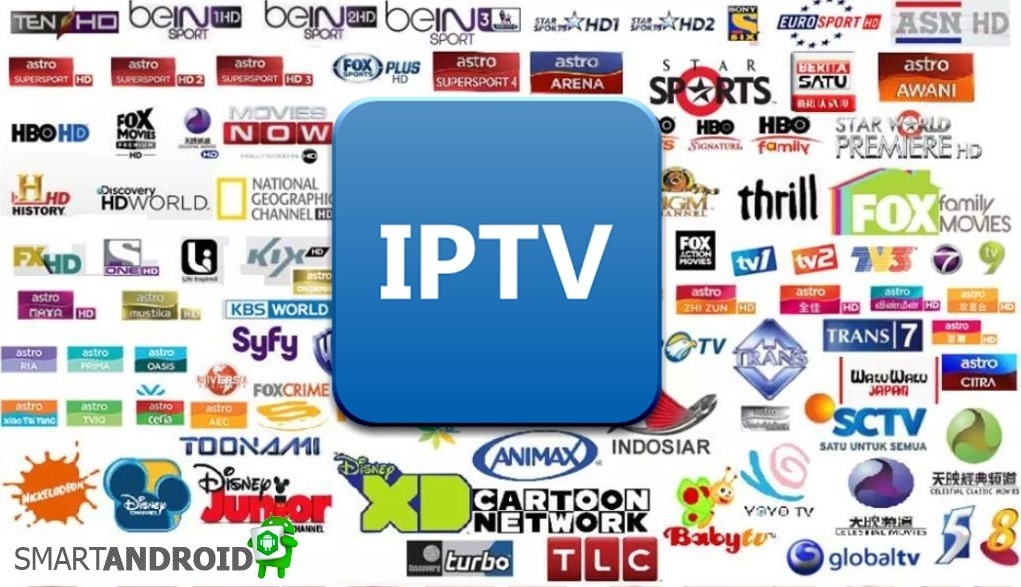IPTV
IPTV
Blog Article

The Comprehensive Guide to IPTV: Understanding the Future of Television
In the ever-evolving landscape of digital technology, Internet Protocol Television (IPTV) has emerged as a revolutionary way of distributing television content over the internet. Unlike traditional methods that rely on satellite signals and terrestrial broadcasts, IPTV offers a more versatile and interactive user experience. This comprehensive guide delves into the intricacies of IPTV, exploring its workings, advantages, types, and its impact on the future of television viewing. Check out best IPTV to learn more.
What is IPTV?
IPTV stands for Internet Protocol Television, a method of delivering television content using the Internet Protocol (IP) over a network infrastructure, which may include delivery by a broadband connection. At its core, IPTV allows users to stream continuous media, offering television services to subscribers through internet connections, rather than through traditional terrestrial, satellite signal, and cable television formats.
How Does IPTV Work?
The Technology Behind IPTV
IPTV operates on a complex network architecture, primarily relying on IP multicasting with Internet Group Management Protocol (IGMP) for live television broadcasts and Real-Time Streaming Protocol (RTSP) for on-demand content. This technology allows for the transmission of video streams from the provider to the user in a more efficient manner, optimizing bandwidth usage without compromising the quality of the content.
The Role of Content Delivery Networks
Content Delivery Networks (CDNs) play a pivotal role in the efficient distribution of IPTV content. CDNs are highly distributed server networks that minimize delays in loading web page content by reducing the physical distance between the server and the user. This ensures a higher quality of service, minimal buffering, and a better overall user experience for IPTV subscribers.
Advantages of IPTV
Customization and Interactive Features
One of the most significant benefits of IPTV is its ability to offer personalized and interactive services to users. Viewers can customize their viewing experience, choose their preferred content, and access a wide range of interactive services such as voting, betting, and e-learning directly through their television sets.
On-Demand Content
IPTV provides users with the convenience of watching what they want, when they want. Unlike traditional TV schedules, IPTV's Video on Demand (VOD) services allow users to browse a library of videos and select content to watch at a time that suits them.
High-Quality Content
With advancements in compression and streaming technologies, IPTV delivers high-definition (HD) and even ultra-high-definition (UHD) content to users, providing a superior viewing experience compared to standard-definition (SD) broadcasts of traditional TV.
Types of IPTV Services
Live Television
Live IPTV allows users to watch live TV programs with or without interactivity added to currently broadcasting TV shows. This service is akin to traditional live broadcasting but over an IP network.
Time-Shifted Media
Also known as catch-up TV, time-shifted media lets viewers watch broadcast TV shows at a time more convenient for them, rather than at their scheduled broadcast times. This flexibility has significantly changed how people consume television content.
Video on Demand (VOD)
VOD services provide a catalog of videos, not limited to television shows, that users can request to watch at any time. This includes movies, documentaries, and other content available through the IPTV provider's network.
The Future of IPTV
As internet speeds continue to increase and more households gain access to high-bandwidth connections, the potential for IPTV growth is immense. With its ability to offer a more personalized, interactive, and high-quality viewing experience, IPTV is poised to transform the television industry. Innovations in technology and content delivery will likely see IPTV becoming the dominant form of television consumption in the future, signaling a significant shift away from traditional broadcast models.
In conclusion, IPTV represents a paradigm shift in the way we consume television content. Its rise reflects broader trends in digital consumption, emphasizing on-demand access, personalization, and interactivity. As technology continues to evolve, IPTV is set to redefine the television viewing experience, offering an exciting glimpse into the future of entertainment.
Report this page